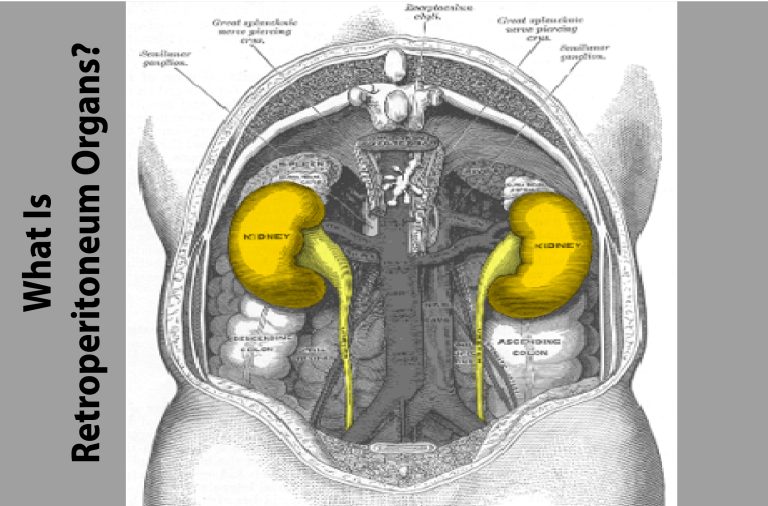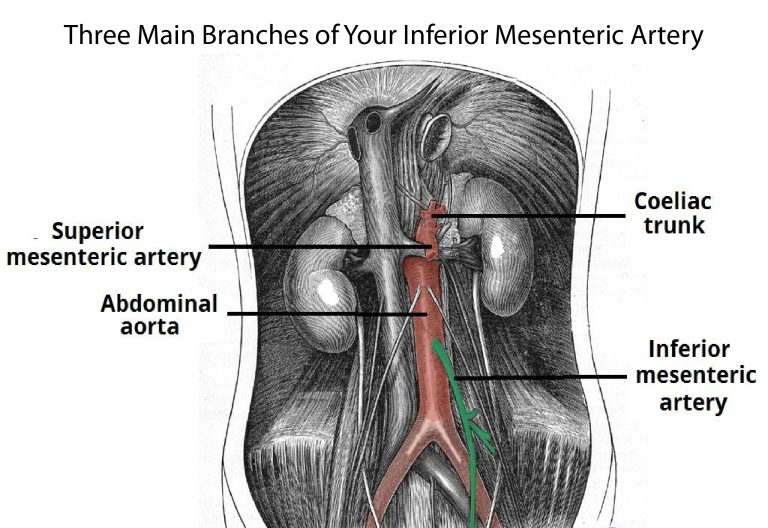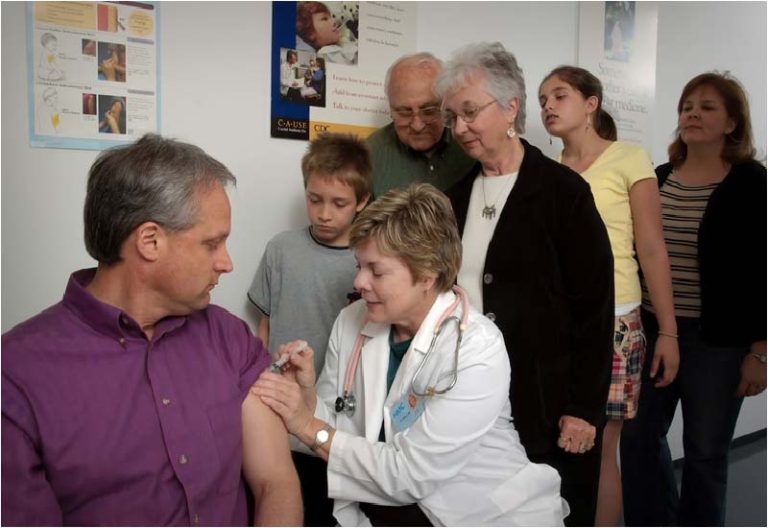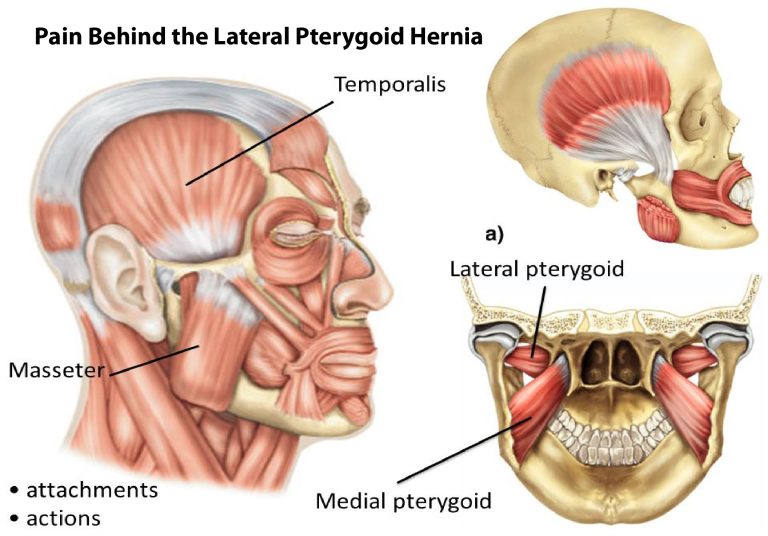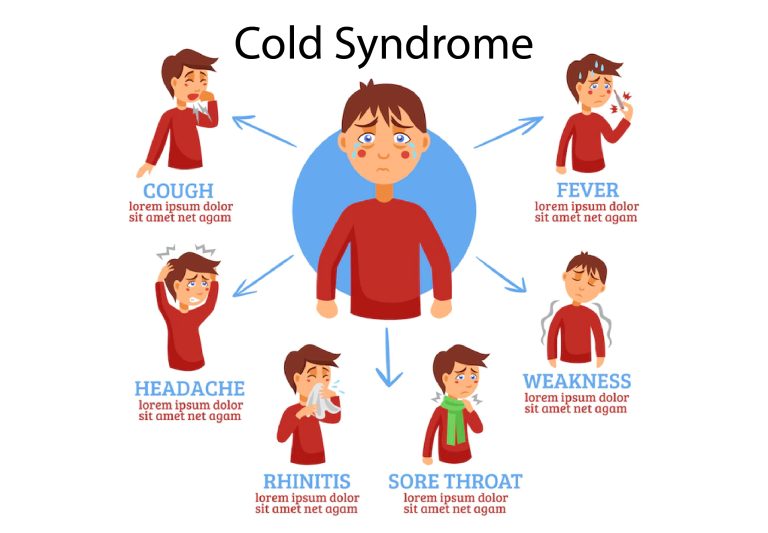Get Moving With to Stops Strokes and Heart Diseases
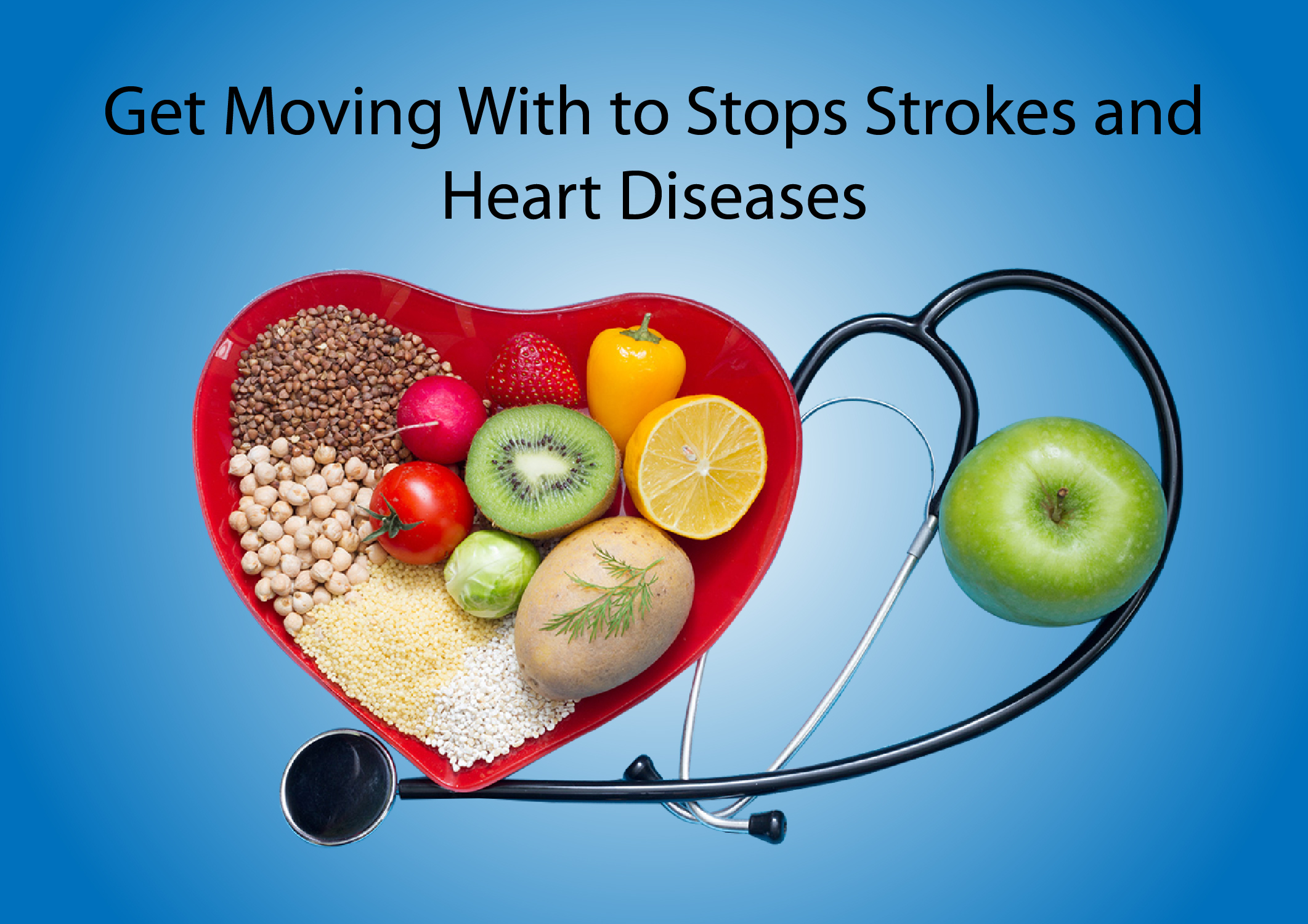
Inactivity and being a couch potato are deadly. They lead to high cholesterol, diabetes, high blood pressure, and stroke. To get moving, you do not need to run a marathon or even walk a half-mile 5 days a week. Just make sure you exercise hard enough to feel the benefits of exercising. Before starting any exercise routine, consult your doctor to see if it is safe for you.
Exercise Reduces Inflammation
Regular exercise can help prevent chronic conditions such as obesity, diabetes, and heart disease. Regular exercise has many benefits for the cardiovascular system, including reducing inflammation. Exercise also promotes healthier blood vessels and helps the body cope with inadequate blood flow. These effects of regular exercise have been well documented, so it is worth investigating the possible benefits of a regular exercise routine. Read on for some tips on how you can make your life more active.
Inflammation has been linked to the risk of heart disease and stroke. Some conditions increase the inflammation in the body, including diabetes, obesity, and smoking. Although some treatments for these conditions can reduce inflammation in the body, they can also increase blood pressure, sugar, and cholesterol. But exercise has anti-inflammatory effects on people of all ages. The anti-inflammatory effects of exercise are beneficial for everyone, regardless of age, gender, or physical fitness.
Researchers have concluded that physical activity promotes angiogenesis in human arteries. This process increases the cross-sectional area of arteries. The study participants, healthy young men aged 20 to 24, were compared to sedentary control groups. The exercised group showed more blood vessel density in the abdominal and caudal forelimbs, and their arteries were significantly larger. This increase in the vascular area also improves glucose uptake and reduces diffusion time, compared to inactive control rats.
Diet Reduces Fatty Material Building Up in Arteries
Heart disease and stroke are caused by a buildup of fatty material in the arteries, known as atherosclerosis. These fatty deposits clog the arteries and narrow the space for blood flow. The disease can begin in a young adult but is much worse by middle age. The buildup of plaque is either unstable or stable. Too much stable plaque narrows the arteries, causing symptoms like pain and discomfort in the chest. In the case of a heart attack, the lack of blood supply can cause serious health problems.
The Mediterranean diet is known to reduce the buildup of fatty material in arteries. It is known to help prevent heart disease and stroke by reducing fatty material in the arteries. The Mediterranean diet contains lots of fruits and vegetables and less red meat. These foods help the body produce the natural chemicals that prevent atherosclerosis and heart disease. It also has several other health benefits.
The risks of a stroke are increased by coronary artery disease, where plaque builds up in the arteries and restricts blood flow to the brain. It can also cause other health problems, such as irregular heartbeat or enlarged heart chambers. In addition, diets high in saturated and trans fats, high cholesterol, and high sodium have been linked to strokes and heart disease. If you’re a diabetic, talk to your doctor about modifying your diet accordingly to avoid complications.
Stress
Exercising can help you stay healthy. The right kind of exercise, whether it’s aerobics, yoga, or jogging, will improve your heart’s circulation, lower your blood pressure, and help you feel better. It also helps you relax and relieve stress. The key is to start small and set goals that you can achieve. Stress is a part of life and is good for your health in small doses. But chronic stress can take a toll on your heart. Chronic stress can weaken your immune system and raise your risk for high blood pressure and heart attacks.
Physical Inactivity
Recent research suggests that physical inactivity is a major contributor to the occurrence of many chronic diseases. In a study published in March 2021 in the British Journal of Sports Medicine, the effects of physical inactivity on death rates were highlighted. According to the study, physical inactivity was directly responsible for 7.2% of all deaths, including heart disease. Other diseases linked to physical inactivity ranged from 1.6% for hypertension to 8.1% for dementia. However, despite the importance of physical activity, it is not always possible to get started.
The goal of Million Hearts 2022 is to prevent 1 million heart attacks and strokes in five years by improving the health of Americans. The goal is to reduce the risk of cardiovascular disease through the use of proven strategies, such as behavioral counseling for adults with cardiovascular risk factors. One example of these strategies is the use of community spaces that encourage people to take part in physical activity. For this, the national initiative will focus on a small set of priorities and targets.
Increased physical activity is critical to the prevention of cardiovascular disease (CVD), diabetes, and obesity. It also reduces blood pressure. People with low levels of physical activity are 30 to 50 percent more likely to develop high blood pressure than those with normal blood pressure. Physical inactivity is on par with cigarette smoking, high cholesterol, and elevated blood pressure for influencing mortality rates. The CDC is committed to bringing this number up.
Healthy Lifestyles
To avoid developing heart disease and stroke, people need to live an active and healthy lifestyle. Exercise and healthy eating are two of the best ways to prevent both. People should also drink plenty of water and consume plenty of Omega-3 fatty acids, which can be found in Lucky Star canned fish products. Exercise also helps prevent obesity and helps control blood sugar levels. A healthy lifestyle will also prevent heart disease, stroke, and diabetes.
Regular physical activity is also vital to maintaining healthy cholesterol levels and lowering blood pressure. Even a short walk or bike ride can improve your overall health. Stopping smoking is also essential, as smoking thickens blood and increases the risk of clots. Talk with your doctor if you’re having trouble quitting. If you’re already a non-smoker, quit now.
A Mediterranean diet and regular physical activity are excellent ways to protect your heart. You don’t need to join a gym or start participating in sports, but it’s a good idea to get moving every day. You can do activities like mowing your lawn, vacuuming your home, dancing, or just taking a walk. If you have to work, try to get up from your desk and move around for several minutes.
Signs of A Heart Attack
Some signs of a heart attack are not immediately noticeable to the average person. While chest pain is a common sign, not all heart attacks are the same. Men and women may experience different symptoms. While men and women tend to feel chest pain, women may experience shortness of breath, nausea, or jaw or back pain. Women also may experience nausea and lightheadedness.
There are many other risk factors for heart disease, but the most important and preventable one is an irregular heartbeat. An irregular heartbeat can increase your risk of a stroke, and damaged heart valves can result in long-term damage. Older age and high blood pressure are two major risk factors for stroke. African Americans are at an increased risk for heart attacks because they have higher blood pressure. Men are more likely to die from a stroke than women. Those at high risk for heart attack should make sure to manage their risk factors to lower their risks of having a stroke.
If the symptoms persist for more than 15 minutes, get to a hospital for immediate medical attention. In addition to seeking immediate medical care, you should take an aspirin tablet to slow the formation of blood clots. A heart attack that lasts more than 90 minutes can be fatal if not treated promptly. To prevent further damage, you should call 911 as soon as you notice any of these symptoms.

